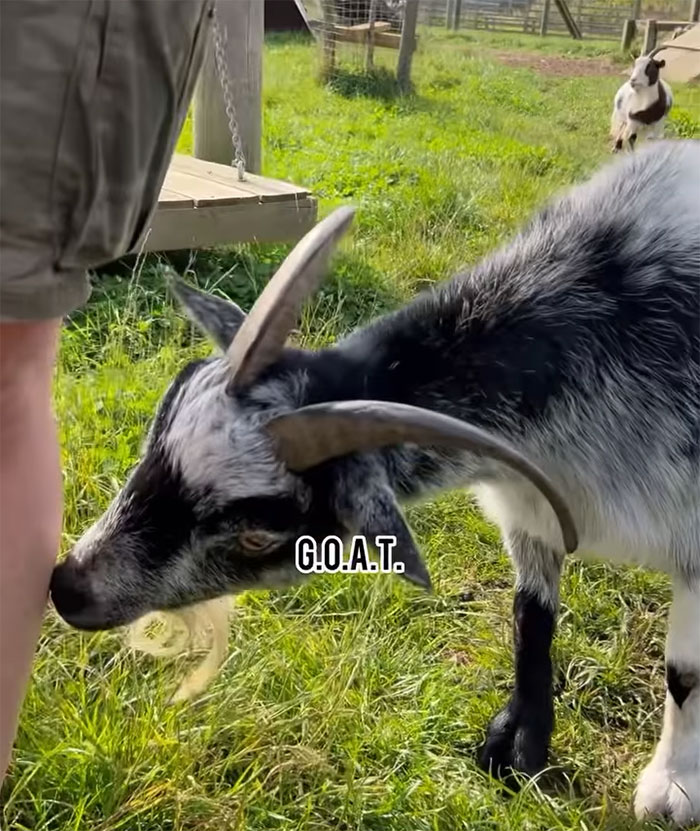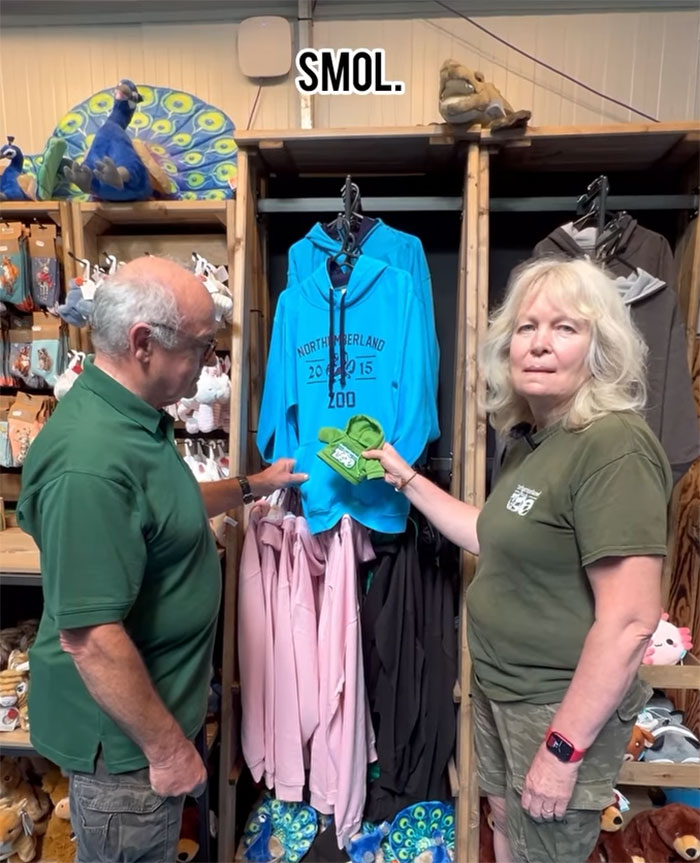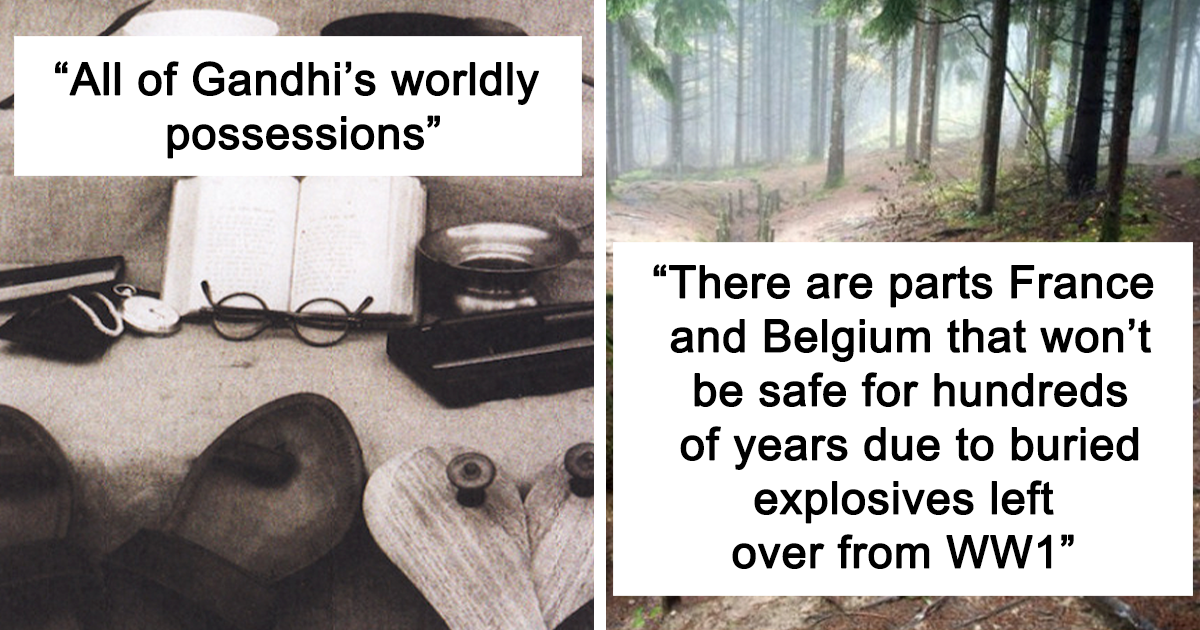“How a Boomer Couple’s Unexpected Zoo Adventure Captivated Gen Z—And Went Viral!”
Image credits: northumberlandzoo
It appears to be a fact of growing older to be confused by the younger generation, as it seems every adult at some point has had to come to terms with the ever-evolving nature of teenage language.
From words like “brat” to saying that something is “bussin’,” the apparently limitless nature of Gen Z slang is bound to confuse anyone who hears it.
For Nicole Rosen, head of Linguistics at the University of Manitoba, the emergence of these words is integral to the identity development of teenagers, no matter the era.

Image credits: northumberlandzoo
“There’s different types of groups in high schools, and they differentiate themselves with clothes, and they differentiate themselves with their language as well, and the types of slang that they use,” she told CTV Winnipeg.
However, she added that Gen Z terms in particular are defined by their usage on social media platforms that promote short-term attention spans, such as TikTok, or video games, where meaning needs to be delivered fast before returning to the action.
This is why many of these terms are short and to the point.
Gen Z language can be difficult to understand at first glance, but a quick review of the word’s origins reveals that they are not as complex as they might appear initially

Image credits: northumberlandzoo
Take “brat” for example. While the word is commonly used to describe an ill-mannered child, in Gen Z lingo, it’s used to describe a woman who’s assertive, blunt, and honest, even when that might be inappropriate in certain situations.












